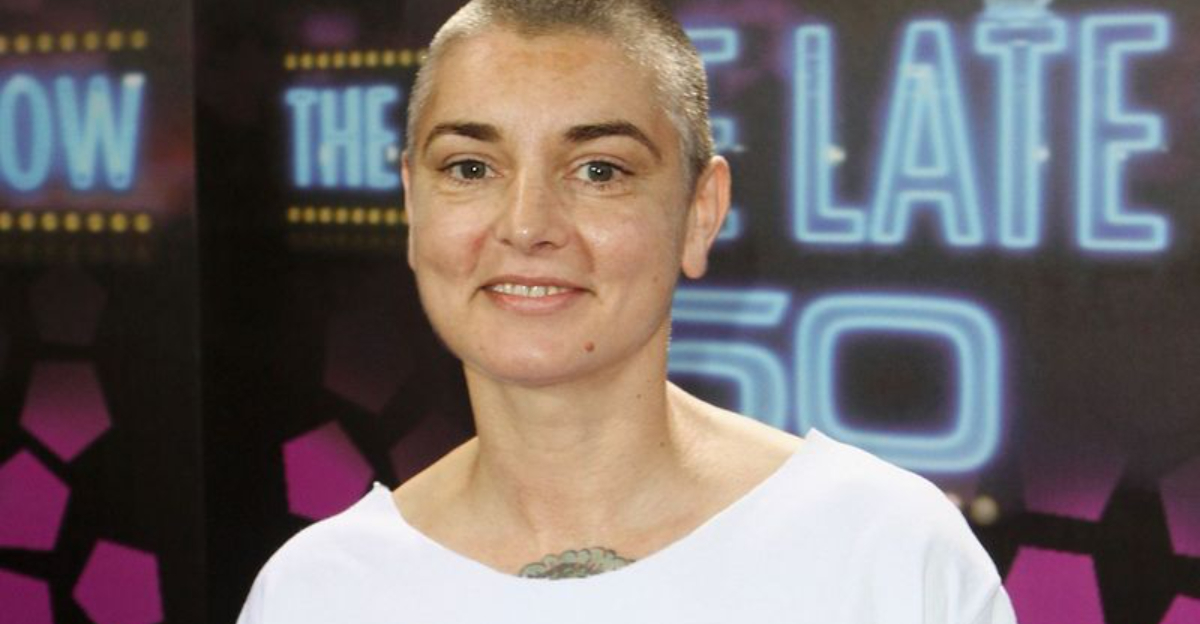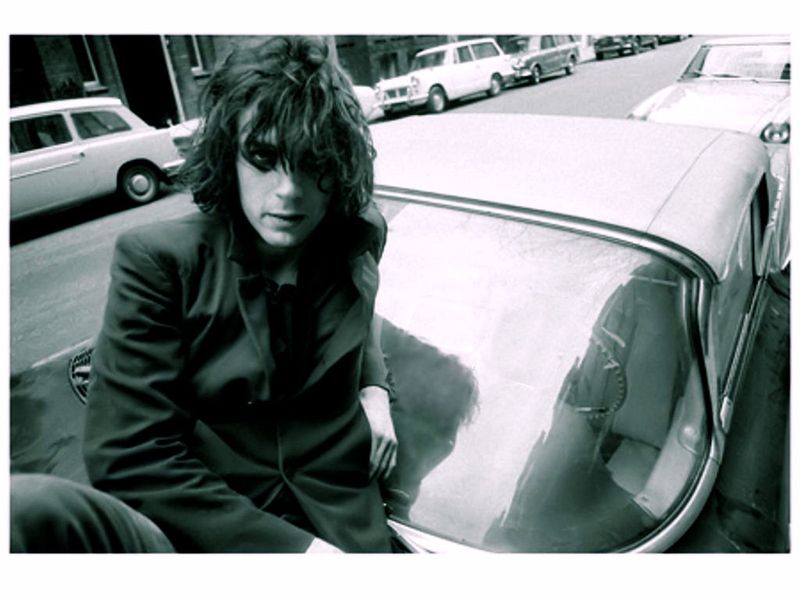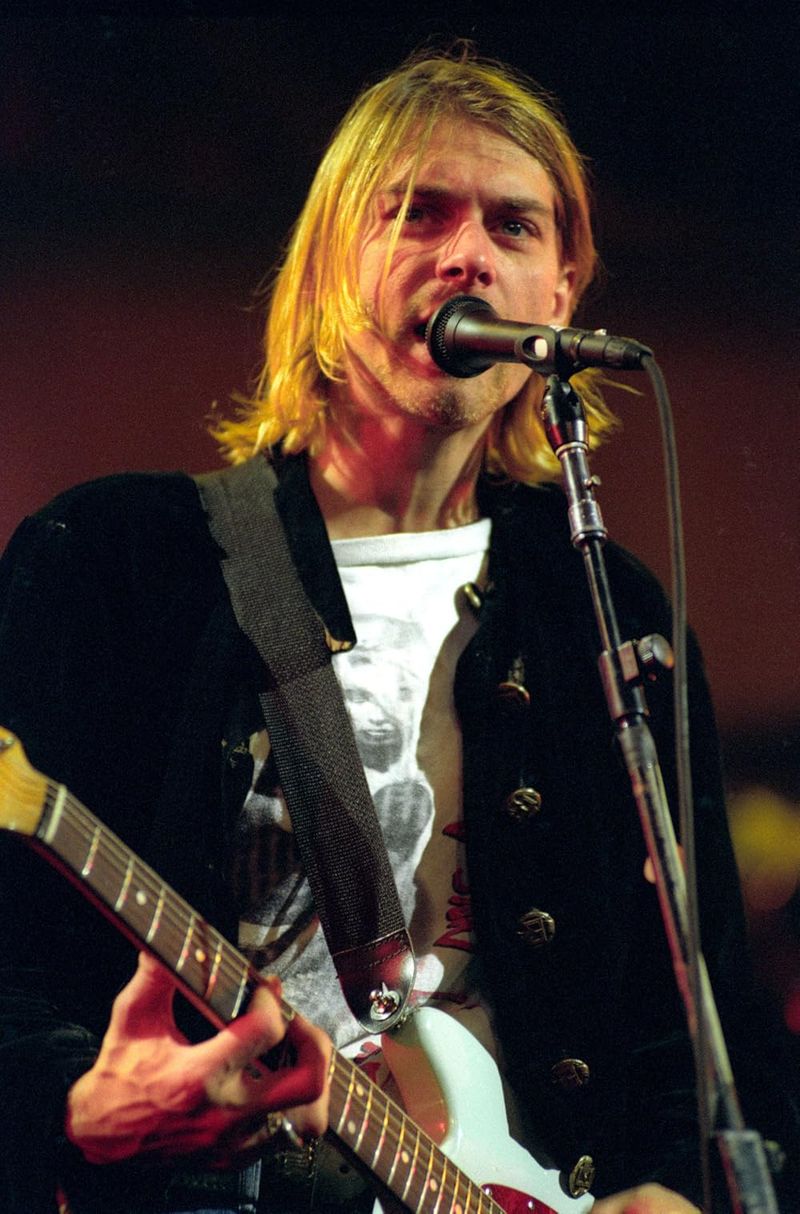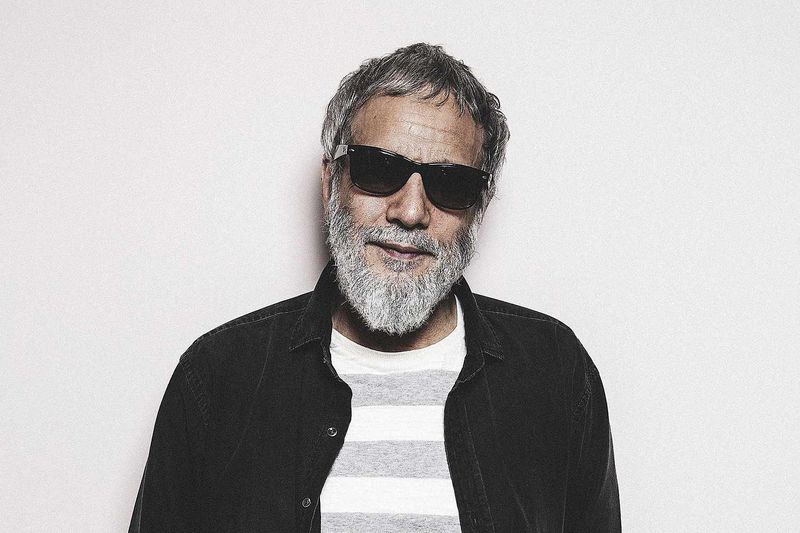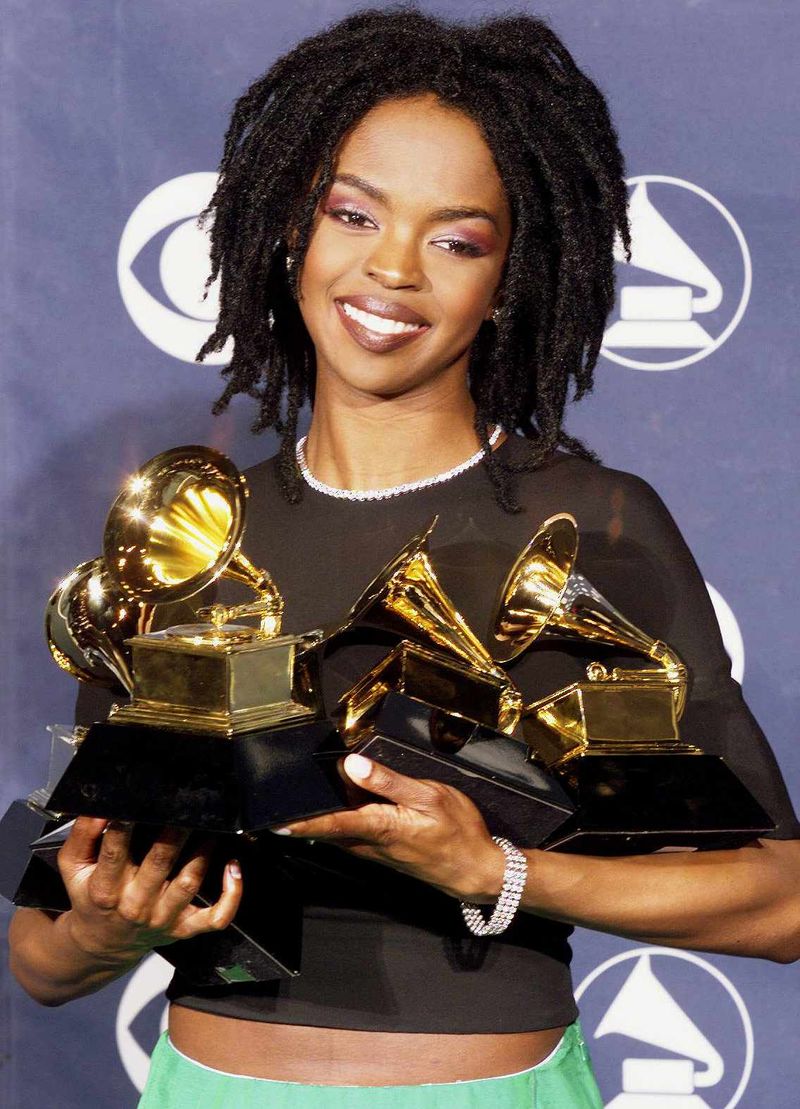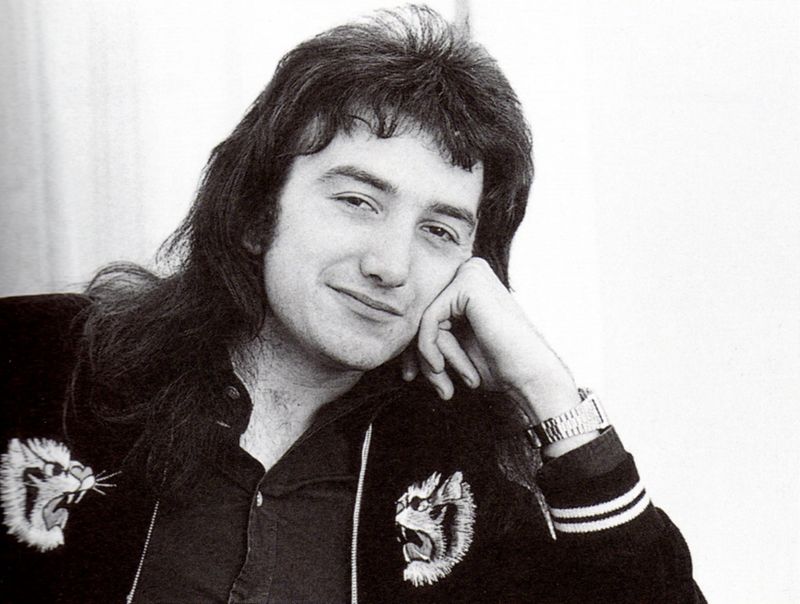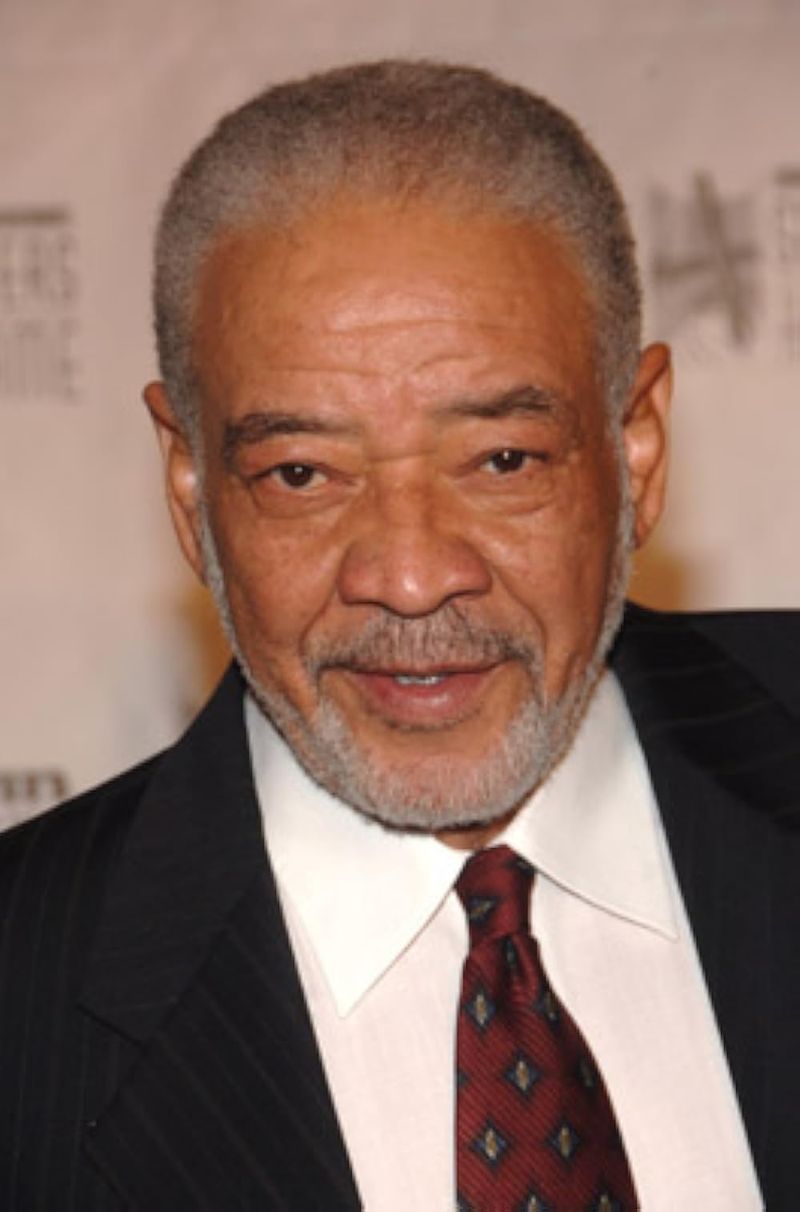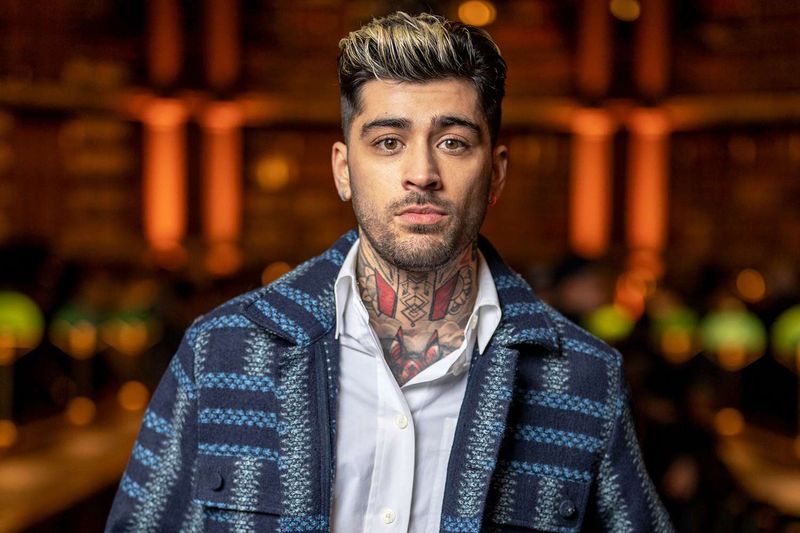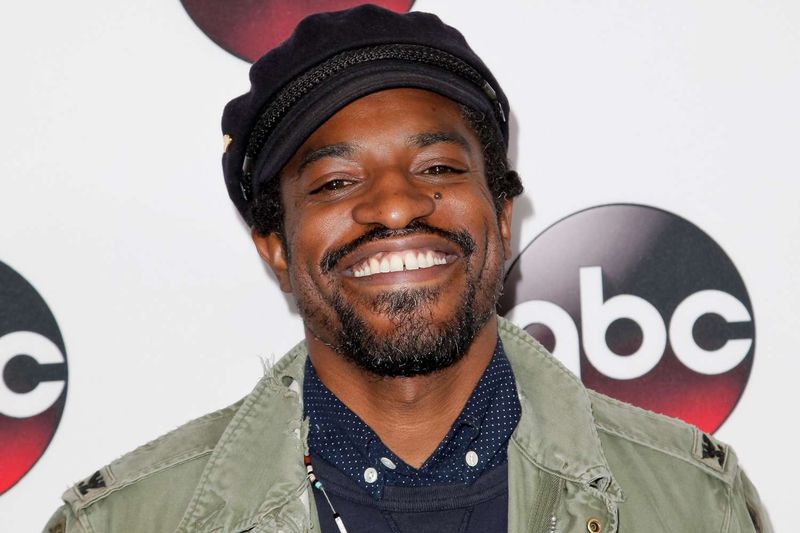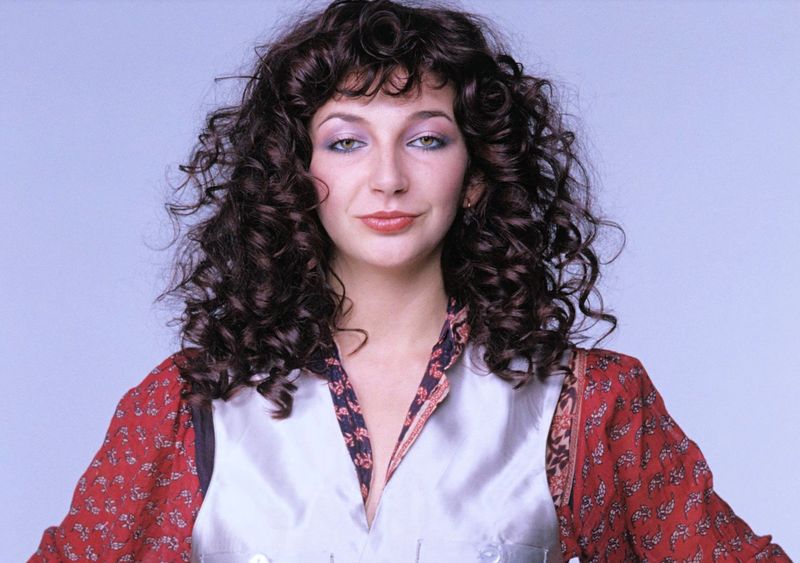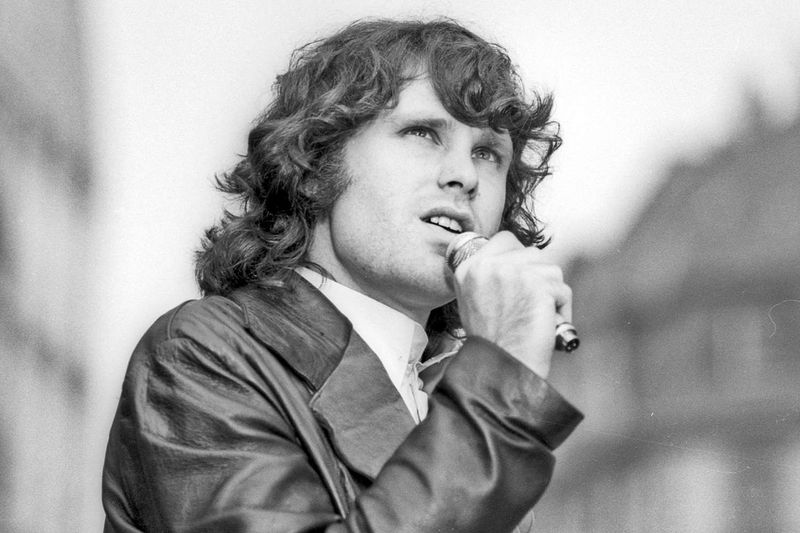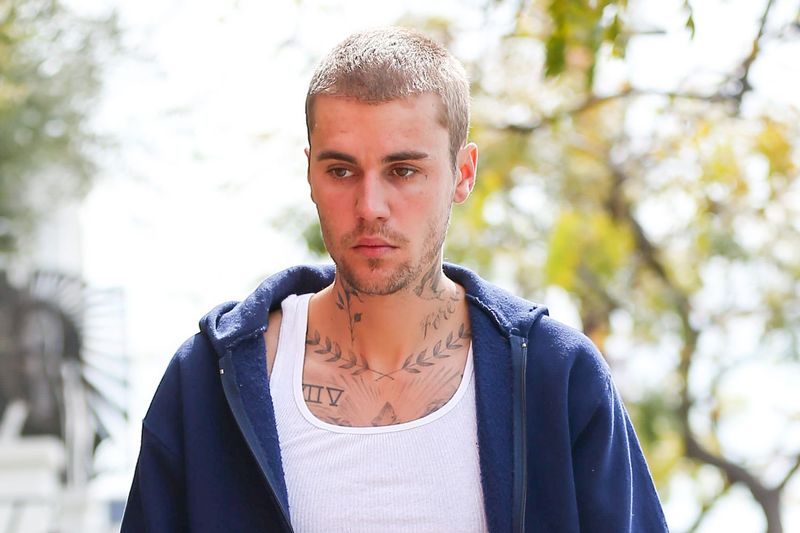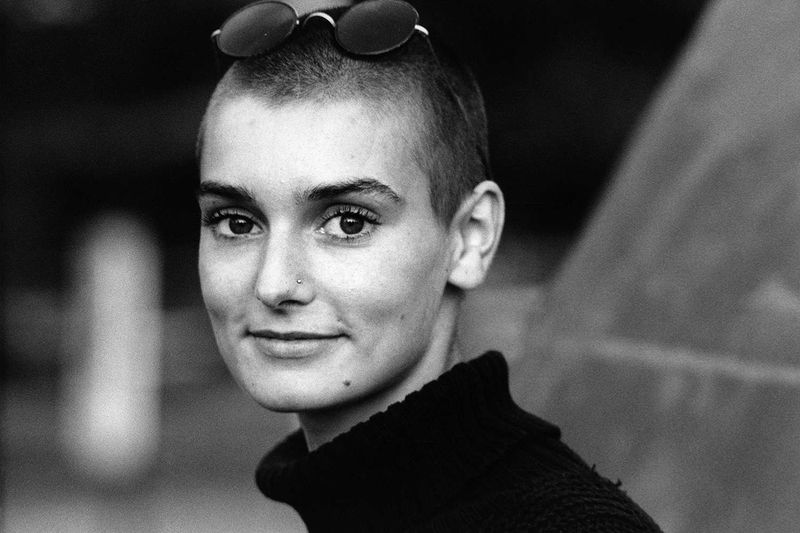Fame doesn’t always equal happiness in the music world. Some of the most talented musicians have shocked fans by stepping away from the spotlight when they were at their most popular. These artists chose personal peace over continued stardom, often leaving millions of dollars on the table. Their decisions remind us that success looks different for everyone, and sometimes walking away is the bravest choice of all.
1. Syd Barrett’s Mysterious Departure
Pink Floyd’s founding member vanished from music at just 25 years old. After creating the band’s psychedelic sound, Barrett’s increasing erratic behavior led to his replacement by David Gilmour in 1968.
He attempted a brief solo career before completely withdrawing from public life in 1972. Barrett spent his remaining years painting and living quietly in Cambridge, England, never returning to music again.
The band later paid tribute to their former leader in songs like “Shine On You Crazy Diamond,” immortalizing the creative genius who walked away from rock stardom to find peace in solitude.
2. Kurt Cobain’s Tragic Exit
The reluctant voice of Generation X never wanted the massive fame Nirvana achieved. When “Smells Like Teen Spirit” exploded in 1991, Cobain found himself thrust into a spotlight he deeply resented.
His journals reveal a man uncomfortable with celebrity status and the commercialization of the grunge movement he helped create. Struggling with chronic health issues, addiction, and the pressures of fame, Cobain effectively walked away from his career in the most permanent way in April 1994.
At just 27, he left behind a musical legacy that continues to influence artists decades later.
3. Cat Stevens Follows His Faith
Folk-rock superstar Cat Stevens was selling out arenas when a near-death experience changed everything. After nearly drowning in Malibu in 1976, the “Peace Train” singer made a promise to God that would transform his life.
By 1978, at the peak of his popularity, Stevens converted to Islam, changed his name to Yusuf Islam, and abandoned his music career entirely. He sold his instruments, devoted himself to religious study, and didn’t perform publicly for nearly 30 years.
His unexpected departure left fans bewildered, but Stevens found the spiritual fulfillment he’d been searching for throughout his musical career.
4. Lauryn Hill’s Retreat From The Machine
After “The Miseducation of Lauryn Hill” won five Grammy Awards in 1999, everyone expected Hill to dominate music for decades. Instead, she virtually disappeared.
Overwhelmed by the music industry’s demands and feeling artistically compromised, Hill stepped back from public life. Her 2002 MTV Unplugged appearance revealed an artist struggling with fame’s pressures, performing new, raw material that confused many fans.
Though she occasionally performs today, Hill never released another studio album. Her self-imposed exile represents one of music’s most puzzling departures—an artist who chose authenticity over commercial success when the world was at her feet.
5. John Deacon’s Silent Goodbye
Queen’s bassist never officially quit the band, but after Freddie Mercury’s death in 1991, Deacon gradually faded away. He performed at The Freddie Mercury Tribute Concert in 1992 and recorded final tracks with remaining members in 1997.
Then, without fanfare, Deacon simply stopped. He retired completely from music and public life, declining to participate in any Queen-related activities since. While Brian May and Roger Taylor continued performing, Deacon chose family life over fame.
The quiet Beatle-like member became even quieter, managing the band’s financial affairs from afar while living a deliberately private existence away from rock stardom.
6. Bill Withers’ Quiet Exit
The man who gave us “Lean On Me” and “Ain’t No Sunshine” walked away from music in 1985 when most artists would have continued cashing in. Withers, who didn’t even start his music career until his thirties, grew tired of fighting with Columbia Records executives over creative control.
Rather than compromise his artistic integrity, he simply quit. Withers returned to a normal life, working in real estate and raising his family away from the spotlight.
Unlike many who leave fame, Withers never seemed to regret his decision, once saying: “I’m not motivated to wanna draw attention to myself or travel all over the place.”
7. Zayn Malik’s One Direction Departure
Being in the world’s biggest boy band wasn’t enough to keep Zayn Malik happy. In March 2015, while One Direction was in the middle of a world tour, Malik shocked millions of fans by announcing his immediate departure from the group.
At just 22, he walked away from guaranteed millions to pursue “a normal life.” The pressure of fame, constant touring, and lack of creative freedom had taken a severe toll on his mental health.
Though he later launched a solo career, that moment represented a star choosing self-preservation over continued global domination—something few young performers have the courage to do.
8. Dave Chappelle of Music: Andre 3000
OutKast’s creative genius Andre 3000 vanished from music following the massive success of albums like “Speakerboxxx/The Love Below.” After hits like “Hey Ya!” made him a household name, Andre retreated from the spotlight, turning down millions in potential earnings.
He occasionally appears for guest verses but has largely abandoned music for acting and fashion design. In rare interviews, he’s expressed discomfort with the commercialization of hip-hop and the constraints of fame.
Like comedian Dave Chappelle, who famously walked away from $50 million, Andre chose personal peace over continued fame, becoming one of rap’s most mysterious figures.
9. Kate Bush’s 12-Year Disappearance
The “Wuthering Heights” singer was Britain’s most successful female artist when she suddenly stopped performing live in 1979. After releasing “The Red Shoes” in 1993, Bush disappeared completely for 12 years, not releasing another album until 2005.
She retreated to her countryside home, raising her son and living quietly away from public scrutiny. Unlike many artists who leave at their peak, Bush eventually returned on her own terms.
Her 2014 London concert series sold out in 15 minutes, proving her mystique had only grown stronger during her absence—a rare example of an artist whose cultural relevance increased during their time away.
10. Jim Morrison’s Parisian Escape
Before his death at 27, The Doors’ enigmatic frontman had already begun his exit from music. After a disastrous 1970 Miami concert led to Morrison’s arrest for alleged indecent exposure, the singer grew increasingly disillusioned with rock stardom.
Morrison moved to Paris in March 1971, hoping to reinvent himself as a serious poet. He left The Doors at their commercial peak, walking away from American fame to pursue artistic fulfillment in France.
Though his death in July 1971 cut short this new chapter, Morrison had already made the decision to abandon the rock god persona that had both defined and trapped him.
11. Justin Bieber’s Temporary Retirement
Child stars often crash and burn, but Bieber chose a different path. In 2013, at just 19 years old and at his commercial peak, he shocked fans by announcing his “retirement” from music via Twitter.
Though the break proved temporary, it signaled a young artist overwhelmed by fame since childhood. Bieber later revealed struggles with depression, substance abuse, and the psychological toll of growing up under constant scrutiny.
His brief step back represented a rare moment of self-preservation in pop music—a teenager choosing mental health over continued commercial exploitation, even if he eventually returned to the spotlight on more mature terms.
12. Sinéad O’Connor’s Priesthood Pursuit
The Irish singer with the haunting voice was at her commercial peak when she tore up a photo of the Pope on Saturday Night Live in 1992. The controversial act effectively ended her mainstream career in America overnight.
Rather than apologize or attempt to rebuild her pop career, O’Connor leaned into her spiritual journey. In 2018, she converted to Islam and changed her name to Shuhada’ Davitt, having previously been ordained as a Catholic priest by a breakaway church in 1999.
Her willingness to sacrifice fame for her beliefs makes her one of music’s most principled figures, regardless of how one views those beliefs.
